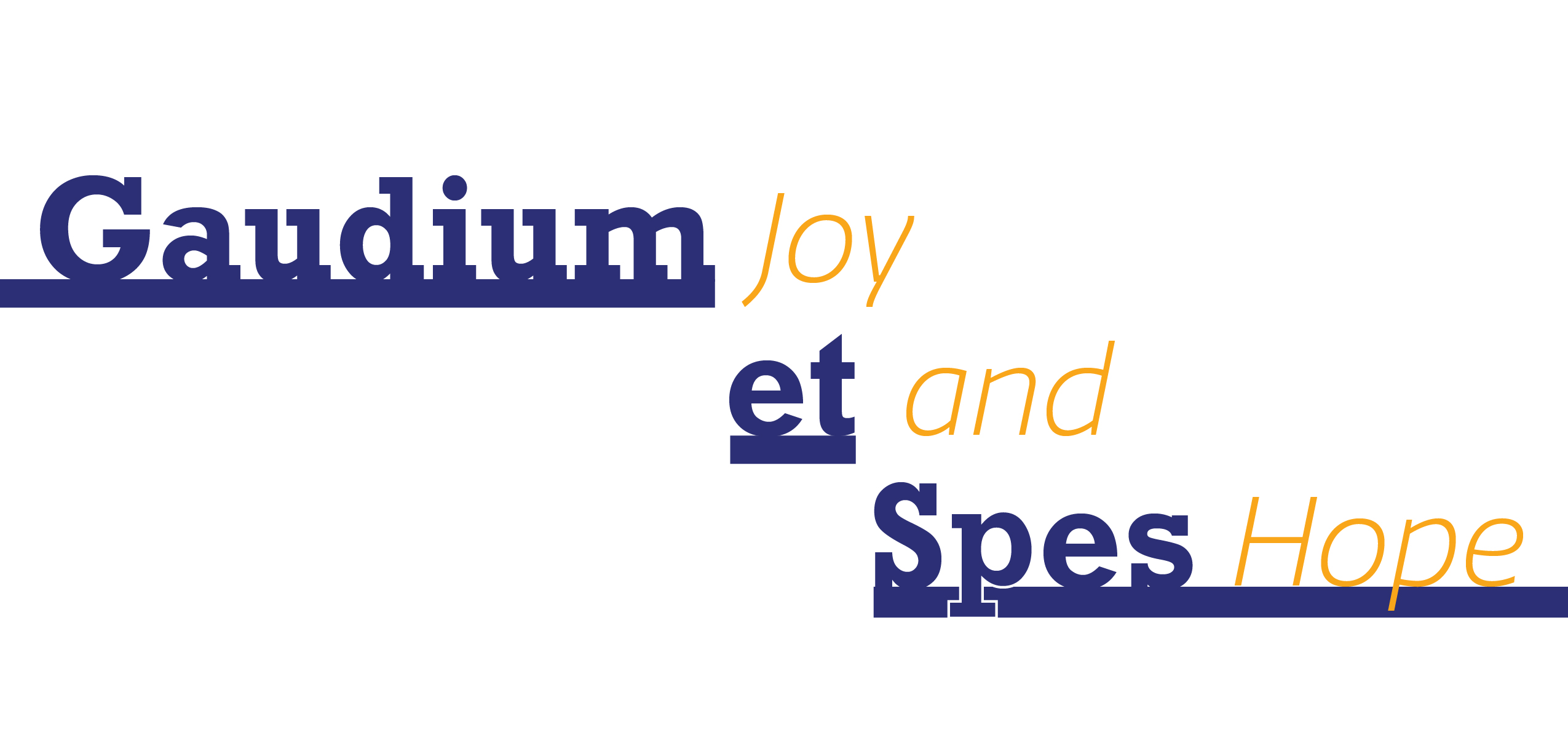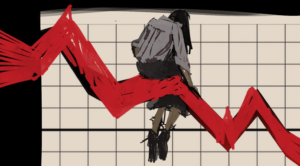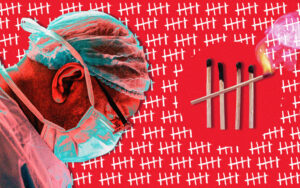As someone who grew up in the island city-state of Singapore, from a society and community very different than Georgetown, I can attest to the claim that the Hilltop is home to an exceptionally motivated and pre-professional community. I’m grateful for this for a number of reasons, not least of which being that Georgetown pushes each of us to be the best we can be, not only for ourselves, but also for others.
Georgetown has done a phenomenal job preparing me for the real world, through professional experiences and interactions with the most incredible professors and practitioners. But on a number of occasions throughout my time here, I’ve felt compelled to ask the question: what exactly is the “real world” for which Georgetown is preparing us?
As a frequent patron of Lauinger library’s third floor study area, it is obvious to me when our community is undergoing peak periods of stress: tables, normally empty, are suddenly packed, and trash cans overflow with Corp coffee cups. It is ironic that the times when we are pushed the hardest by Georgetown to become our best selves, are precisely when we most resemble each other—our bloodshot eyes peering into books and screens. We are pushed to be exceptional, just like everybody else.
In his book The Road to Character, David Brooks, a New York Times columnist, argues that modern society—exemplified well by those late-night study sessions—has caused us to bifurcate our understandings of character and virtue. Today’s unprecedented pressure to perform and rush to conform have led us, Brooks contends, to conceive of virtue in two ways: resume virtues and eulogy virtues.
Resume virtues are the experiences we cultivate for the sake of our resumes, careers, bosses, and sometimes even our friends and family. They are things we can put a label on, like fancy internships, our GPAs, that fellowship we managed to place into, or, in a social context, things like which parties we were invited to, how many friends we have, even how much alcohol we can consume. The list goes on.
Eulogy virtues, on the other hand, are our values and aspects of our character—in other words, what people will talk about at our funerals. These include our care for the less fortunate, our authenticity, and our compassion. Eulogy virtues are far more difficult to label, and more importantly, they cannot be proven just by the activities listed on our resume. Put simply, they are the qualities for which you wish to be remembered.
Brooks laments that in our rush to fulfill resume virtues, we often neglect the more important eulogy virtues. For Brooks, true character doesn’t mean disregarding resume virtues altogether, but rather allowing them to spring from the dedication to eulogy virtues. This requires us to ask ourselves: which of these do we really desire?
Few friends I know can describe what they think their attitudes on life will be beyond the next five years. I can sympathize. As college students, sometimes a midterm or project—to say nothing of an internship or major—feels like it will determine in one fell swoop what opportunities we’ll have for the rest of our lives. Of course this isn’t really true, but it’s all too easy to get caught up in the immediate future.
But the race of life extends beyond the next five years after college. If we’re content to let the winds and waves chart our course without pausing to rest and think where we are going—or, more importantly, why we’re going where we’re going—then we’ll inevitably end up in places we won’t want to be.
If Georgetown is a place that is meant to prepare us for life after college, in the wider world beyond 37th and O, then it behooves us to consider what we’ll be bringing with us. Our eulogy virtues are the anchors that keep us grounded, and allow us to chart an enduring course amidst the ephemeral societal pressures that change with every stage of life.
Most seagoing vessels carry anchors, and while they come in varying shapes, sizes and weights, no vessel can be considered seaworthy without them. Vessels need them for stability in ever-changing tides and winds, and for protection against grounding on sand and rock.
Similarly, it is our deeper virtues and our true desires that dictate our ability to remain stable, to rest and consider our next course amidst the waves and winds of life. For some of us, faith is our anchor, and reminds us of what is right and what is to come. For others, being cognisant of our personal philosophies, and letting these be at the fore of every major decision, are concrete ways of staying grounded and making sure that at the end of the day, we can be proud that we stood for something we treasure. For while we may follow the winds to get to where we want to be, these anchors prevent us from becoming overly fixated on the means, and more importantly remembering the ends which our hearts desire.
The Georgetown community is my community, and I hope that it will grow to be one that prepares us all for a life that is ultimately fulfilling, for ourselves and those we love.
Gaudium et spes is coordinated by the Georgetown University Knights of Columbus. The Knights of Columbus is a Catholic, fraternal, and service organization. This column focuses on how Catholic values, principles, and teachings can inform the lives of all Georgetown students, regardless of faith. Additionally, this column attempts to facilitate dialogue about matters of faith and inspire conversations about topics that impact the daily lives of Hoyas, from national politics to campus news. Gaudium et spes appears online every other Friday.






